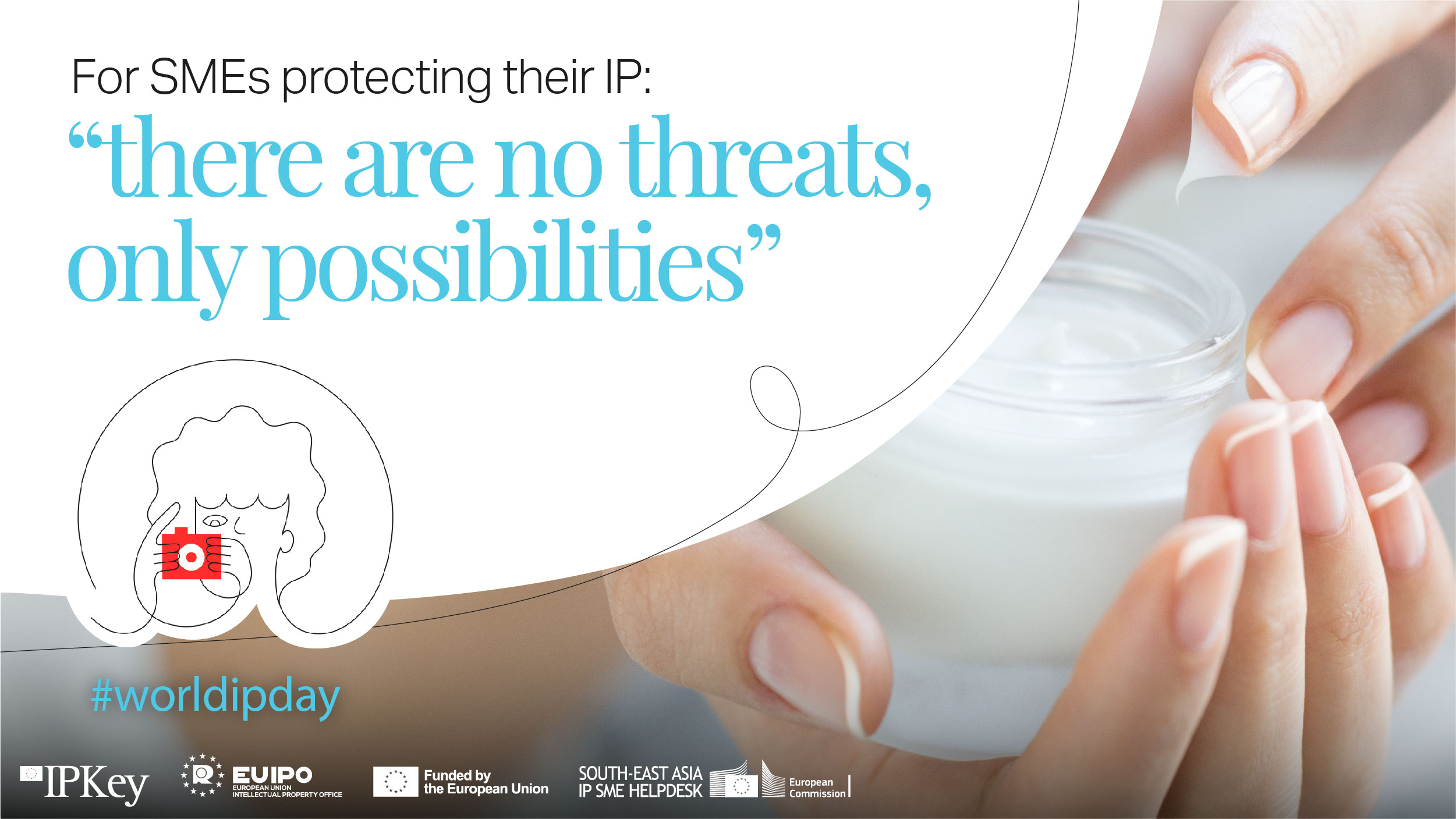Protecting SMEs: the drivers of global economic growth
Small and medium-sized enterprises (SMEs) play a pivotal role in driving economic growth across the globe, stimulating development, innovation, and competitiveness. According to the World Bank, in emerging markets SMEs generate 7 out of 10 jobs and contribute up to 40 % of national income[1]. However, the impetus for continued growth relies heavily on the protection of the ideas at the heart of every company. The pandemic has reminded us just how fragile the global economy is. Now, more than ever, SMEs must keep pace with both the positive and negative developments brought about by globalisation.
One such company seeking to internationalise is BenePura, a family-run cosmetic brand based in Bulgaria, whose ethos revolves around using only
Since founding the company in 2018, Mr Nushev says that ‘the main goal of the company is to start selling globally. One way this can happen is through our online stores. We have had orders from Vietnam for example’. Expansion into markets such as South-East Asia opens up vast business opportunities for companies like BenePura. Mr Nushev recognises the enormous potential this area has, adding that ‘most of the countries in the region, if not all, are experiencing rapid development and this is a great moment and opportunity for new brands to enter the market’.
BenePura’s online operations allow them to capitalise on markets across the world. Mr Nushev very much believes that the company’s online presence has protected it from the detrimental impact the pandemic has had on many SMEs. He remarks, ‘thankfully, the pandemic hasn’t affected our international sales. I would say that they have increased during the pandemic’. The company’s turnover from sales to the UK market alone increased five-fold between 2020 and 2021, when many European SMEs were struggling.
In order to safeguard this growth, Mr Nushev acted proactively and sought advice from the South-East Asia IP SME Helpdesk about registering IP rights for BenePura’s unique products prior to launching operations in new markets. The company’s identity is defined by its all-natural recipes and customer-based approach. The possibility of counterfeiting not only threatens their reputation but can also be damaging to consumers as counterfeit cosmetic products can include harmful substances. Consequently, preventative measures such as seeking help and registering IPRs protect both the company and its customers.
Benoît Tardy, IP Business Advisor of the South-East Asia IP SME Helpdesk, explains that ‘this is exactly why the Helpdesk’s motto is #KnowBeforeYouGo. BenePura is a great example of an SME reaching out before they expand to the SEA region! Taking the necessary steps to protect your intellectual property can help ensure sustainable and safe global growth’. Mr Nushev added, ‘IP protection has always been a priority for us and I can say that the information we received from the Helpdesk confirmed that this is the right way to do things’.
Prevention is better than the cure. Tiago Guerreiro, Project Leader of IP Key South-East Asia (SEA), an EU-funded project supporting IP rights protection and enforcement across South-East Asia, adds ‘SMEs should think ahead and include IP protection as a crucial part of their expansion plans. And you don’t need to have all the resources in-house. There are plenty of initiatives to help share knowledge and guide SMEs through the procedure’.
